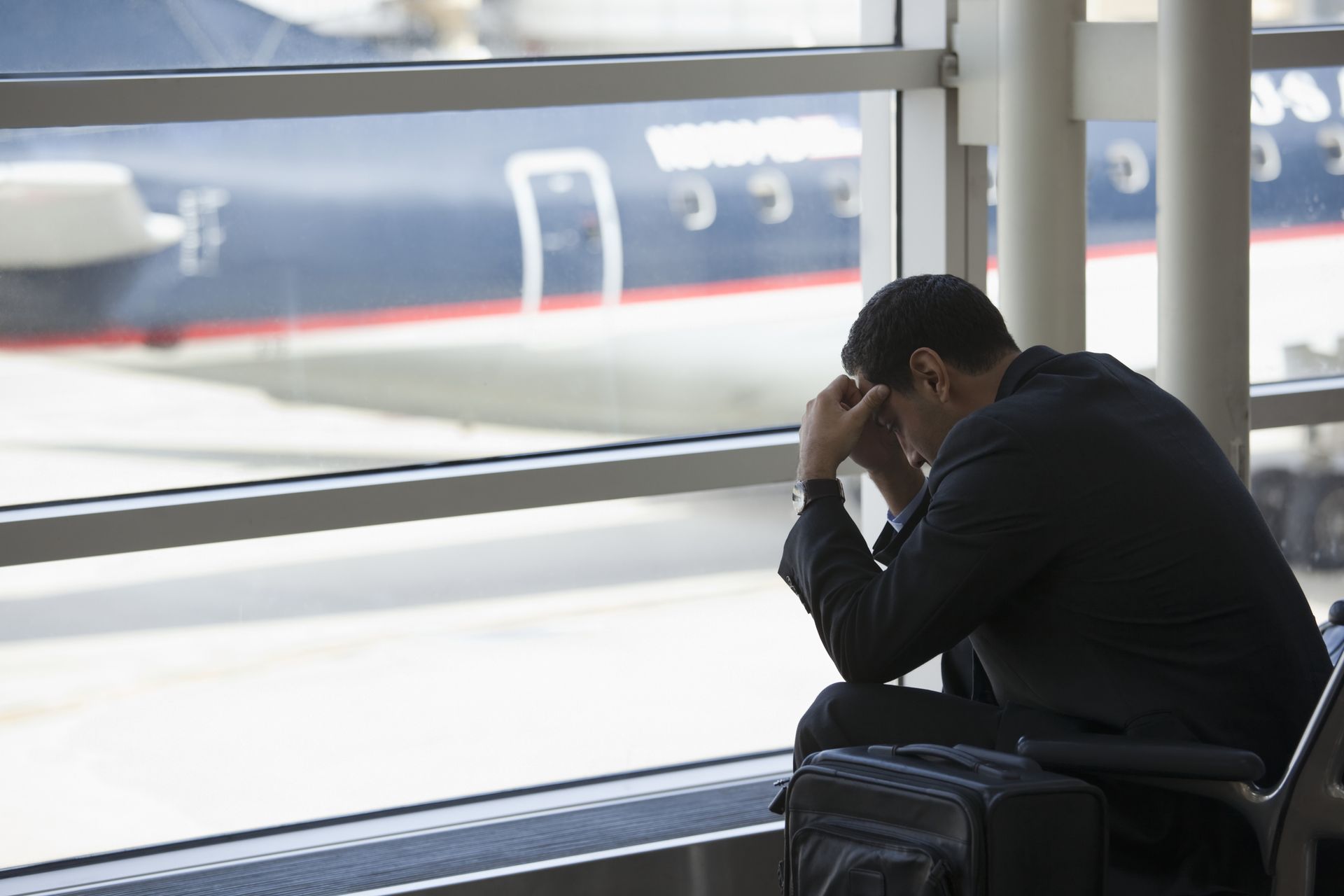A new government shutdown deadline is nearing this week. If you are worried that a potential government shutdown could disrupt travel plans this winter, don’t stress out too much — at least, not yet.
“We in TSA are an essential agency, so about 95% of our employees will work regardless of a shutdown, and they will get paid at the end of a shutdown,” TSA administrator David Pekoske stated. “However, the longer a shutdown goes, the more impact it has on anybody because your family cash flow isn’t there — you don’t get paid until the shutdown is over.”
The Impact of Longer Shutdowns on Travelers
The big hassles for travelers, history shows, tend to occur the longer a shutdown drags on. This is when worker shortages caused by unpaid government employees calling out sick can start to cause major travel headaches, something Pekoske expressed he’s “very concerned” about.
Effects on Travel During a Government Shutdown
A government shutdown doesn’t mean every federal employee is sent home without pay until Congress strikes a new budget deal. Fortunately for travelers, workers critical to the travel industry, such as airport security agents, air traffic controllers, and customs officials, are deemed “essential workers” and must still report to work even if their paycheck is put on hold.
Travel Disruptions Expected
Moreover, the real pressure point for air travelers during a government shutdown occurs when frustrated federal employees tire of not receiving a paycheck and begin calling out sick in large numbers, as was the case during the 35-day government shutdown in late 2018 and early 2019.
It’s this shortage of TSA security agents and air traffic controllers that results in longer lines at airports, stretching passenger wait times to hours, leading travelers to feel major inconveniences. “That leads to delays,” said David Slotnick, a senior aviation business reporter. “It’s much ado about nothing in the early stages.”
Upcoming Holiday Travel Season
As a government shutdown looms, it coincides with the busy travel season around Thanksgiving. The TSA recently noted they expect “this holiday travel season to be the busiest ever,” estimating that 30 million passengers will be screened from November 17 through the 28.
Understanding the Economic Impact
A government shutdown would also halt funding to the Federal Aviation Administration (FAA), Transportation Security Administration (TSA), and Customs and Border Protection. This closure could result in losses for the U.S. travel economy, estimated at as much as $140 million per day, according to the U.S. Travel Association.
What Travelers Should Expect
Additionally, a government shutdown could lead to the closing of national parks, federally owned museums, and other attractions, as well as cause more flight delays and longer screening lines. Transportation Secretary Pete Buttigieg indicated that a shutdown could halt the training of employees, including air traffic controllers.
Key Takeaways on Travel Disruptions
Travelers concerned about how their trips may be affected by a potential government shutdown can refer to past incidents. Some key insights include:
- Duration of the Shutdown Matters: In 2018-2019, reports of long airport lines and flight delays did not surface until mid-January 2019, about three weeks into the shutdown.
- Federal Parks and Museums May Be Closed: While essential workers remain active at airports, national parks, museums, and other attractions may experience significant staff shortages and operational limitations.
- Delay in Passport Services: Getting a passport might take longer due to staffing shortages. It’s essential to be aware that passport offices located inside federal buildings could also close.
Plan Ahead for Traveling During a Shutdown
If you decide to travel during a government shutdown, leave extra time in case of delays at the airport. Experts recommend doing your research and checking what is open and operating before you head out. “Call ahead, do your homework, and see what’s open,” suggested travel specialists. “Make sure you can get to where you’re going and then make an informed decision as to whether it’s worth it to go.”




